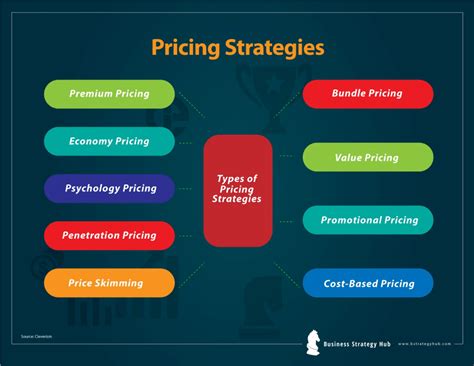Inflation is often discussed in sterile, number-crunching terms, but its emotion-laden impacts on daily life bring a palpable tension between consumers and corporations. The term ‘sticky inflation’ has recently permeated discourse, suggesting a situation where inflation rates remain high despite efforts to control them. It’s an evolving narrative that has evolved from earlier beliefs in ‘transitory inflation’. The public skepticism around official explanations for rising prices is potent, evidenced by extensive debates about whether these increases are due to genuine market shifts or corporate greed – sometimes dramatically referred to as ‘greedflation’. This idea posits that companies might exploit inflationary periods as a pretext to increase prices beyond what is justified by rising costs alone.
In economic discussions, the accuracy of corporate statements about the causes of price increases is often under scrutiny. A pertinent example involves grocery retailers whose publicly stated reasons for price hikes were challenged by a report from the Federal Trade Commission (FTC). This report indicated that recent increases in retailer profits could not convincingly be attributed to the cost pressures they cited. This disclosure has stirred debates over the veracity of corporate claims and whether these are mere tactics to buffer profit margins under the guise of necessity. Meanwhile, consumers dissect their experiences and observations, contributing to a broader dialogue about market realities versus corporate narratives.
Consumer reaction is a vital aspect of the inflation discourse. Various comments demonstrate a sentiment that corporate tactics around pricing strategies increasingly prioritize profits over consumer affordability. This touches not just on economics but also on the societal role of major corporations in managing their power responsibly. For example, user experiences with fast food giants like McDonald’s suggest an increasing frustration with pricing and service strategies that appear to prioritize efficiency and profit over customer satisfaction and value. These strategies include the use of technology, like ordering kiosks, that are felt to complicate rather than simplify the purchasing process.
The discussion is not limited to theoretical or corporate domain analysis; it has real-world implications for everyday budgeting and consumer choices. People express real frustration and financial strain in trying to reconcile rising living costs with stagnant or insufficiently rising wages. The debate extends to questions of how proportional these price increases are relative to actual increased costs faced by businesses. The challenges of parsing through corporate earnings reports, inflation data, and personal experience narratives leave consumers navigating a complex landscape of economic pressures.
This dialogue around inflation, corporate practices, and consumer impact is more than an economic debate—it’s a microcosm of the broader struggles within capitalist frameworks where market dynamics interact complexly with human behaviors and institutional practices. While companies may be acting within their economic rights to adjust prices, the social license to operate could be strained by public perceptions of fairness and equity. Continuing to scrutinize these moves and their justifications not only informs consumers but also holds corporations accountable to societal expectations.


Leave a Reply